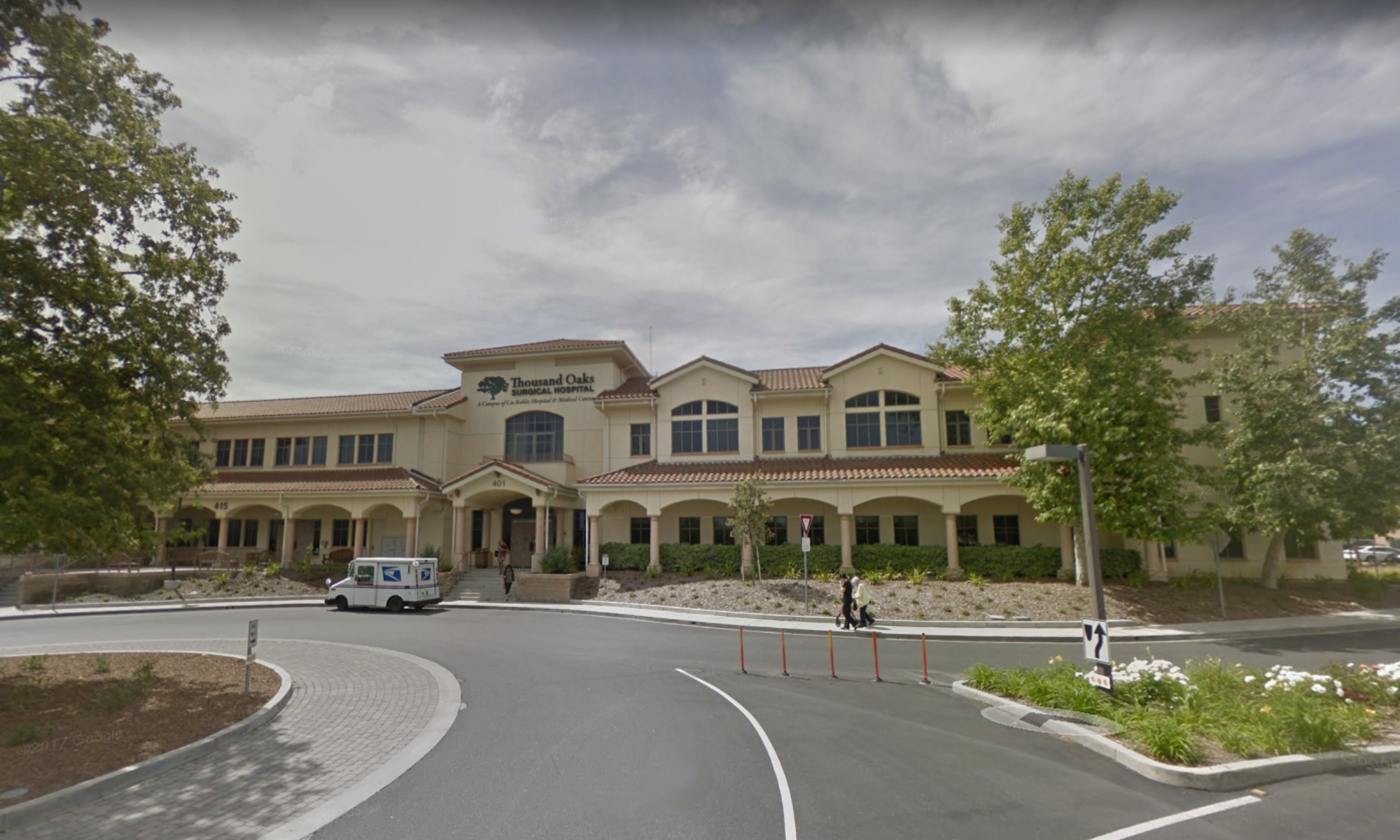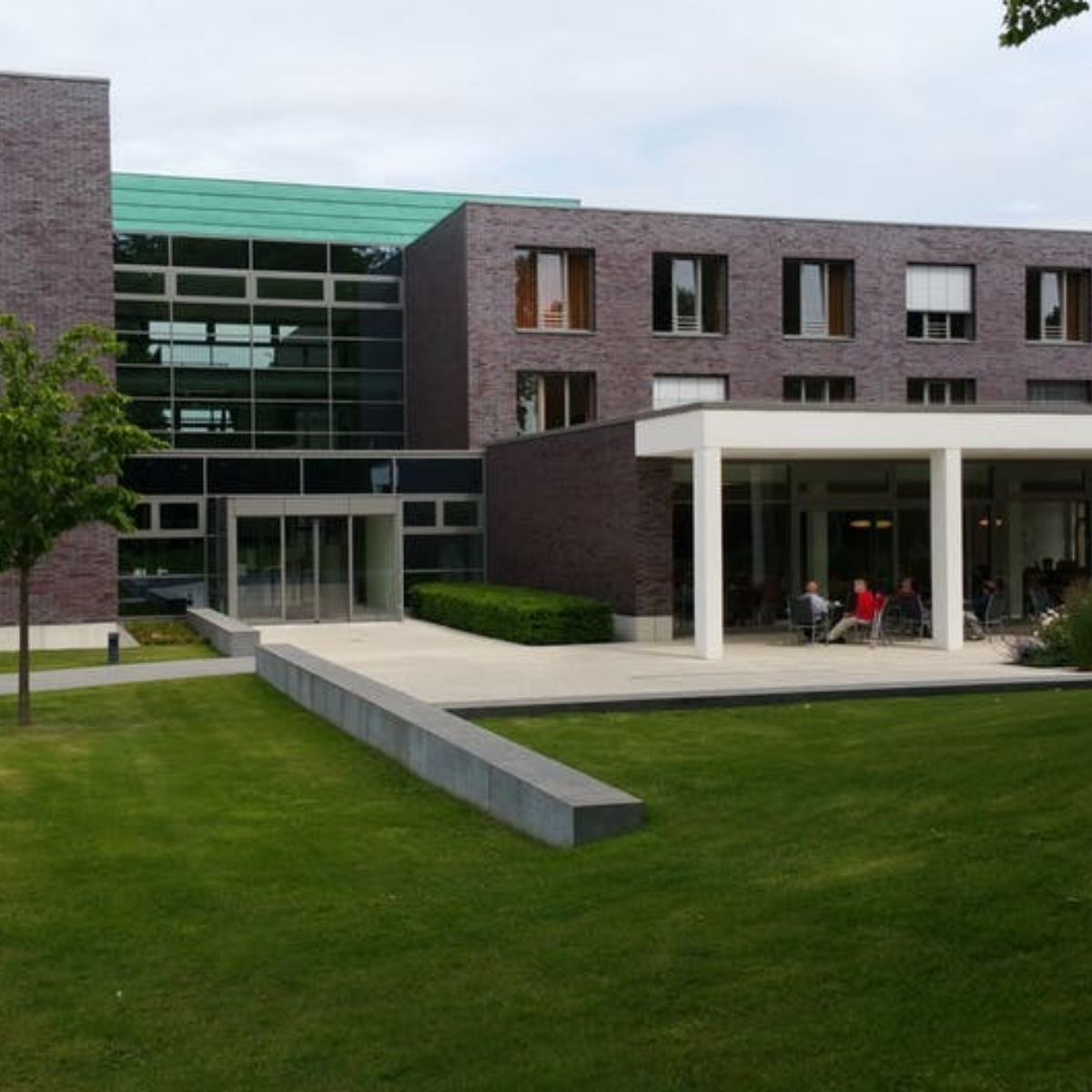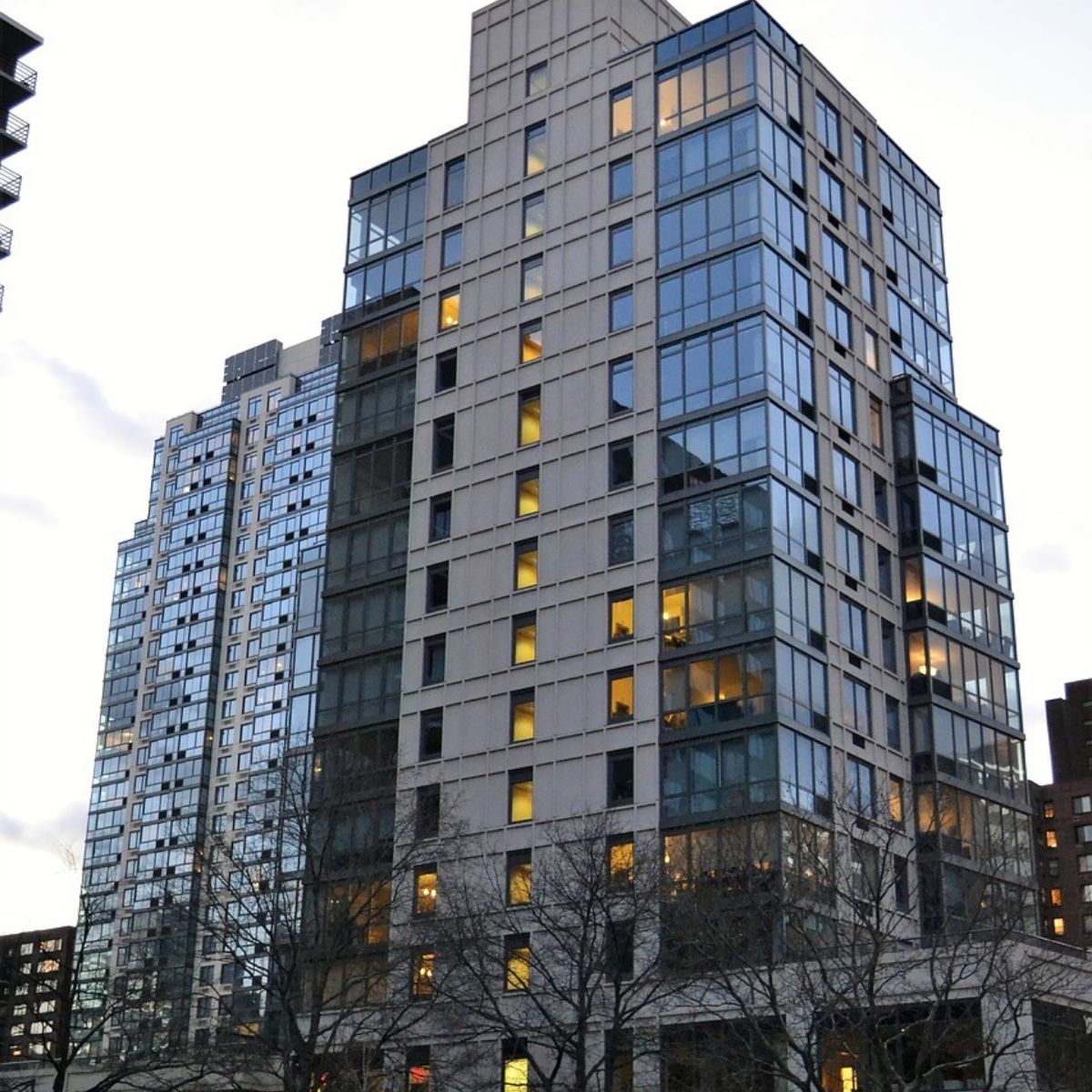Recently, I wrote about the shortage of medical space and an increase in retail vacancies in Southern California right now. My suggestion was to have medical tenants lease space in retail centers as compared to an office or medical building that they traditionally leased space in. This may seem like an unusual suggestion to solve the problem, but recent news suggests that this issue is beginning to grow.
Driven by an aging U.S. population, within 10 years the amount of medical office space needed is projected to be 16 percent more than today, based on current trends. That’s greater than the combined medical office space in New York, Los Angeles, Chicago, and Dallas–Fort Worth, the nation’s four largest medical office markets. This undeniable demographic trend in the U.S. is both a headwind for traditional office demand and an incredible tailwind for medical office demand in the coming years.
So, what are medical tenants to do with this shortage? Lease space in retail centers. When you lease in a quality retail center, your business has good parking, signage, and retail visibility from shoppers at the retail center. The main criteria for any business is usually the bottom line so, if being in a retail center increases your net income, wouldn’t you want to be there? This is rule #1.
Retail space in southern California is undergoing a change. The smaller to medium sized retail centers in particular are starting to become more restaurant/food and service focused as opposed to other types of retail uses. Customers at retail centers want to enjoy their experience and be able to do as much as they can at one location. So, with the foregoing in mind, wouldn’t many medical tenants fit in with this new retail trend of a retail landlord leasing to service providers like doctors and providing a better experience for the retail customer? I think so.
Read more on this fix for Medical Space Shortage & Retail Vacancies in Southern California.
David Massie specializes in buying, selling and leasing office, medical/dental, retail and industrial buildings -especially off market ones that are hard to find in Southern California that only his clients are made aware of first. Contact David now if you have interest in finding one for you: david@djmcre.com or 805-217-0791.






